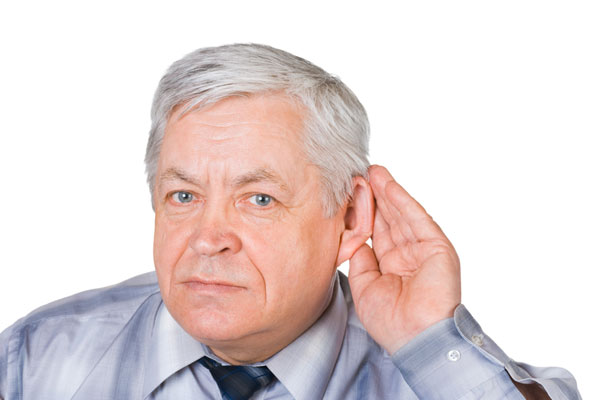Specific Nutrients That Support Hearing Health
Hearing health is intricately linked to our overall well-being, yet the


Hearing health is intricately linked to our overall well-being, yet the

Hearing tests are necessary to assess your auditory function, but only two

Hearing loss is experienced by many, and there is more to it than you